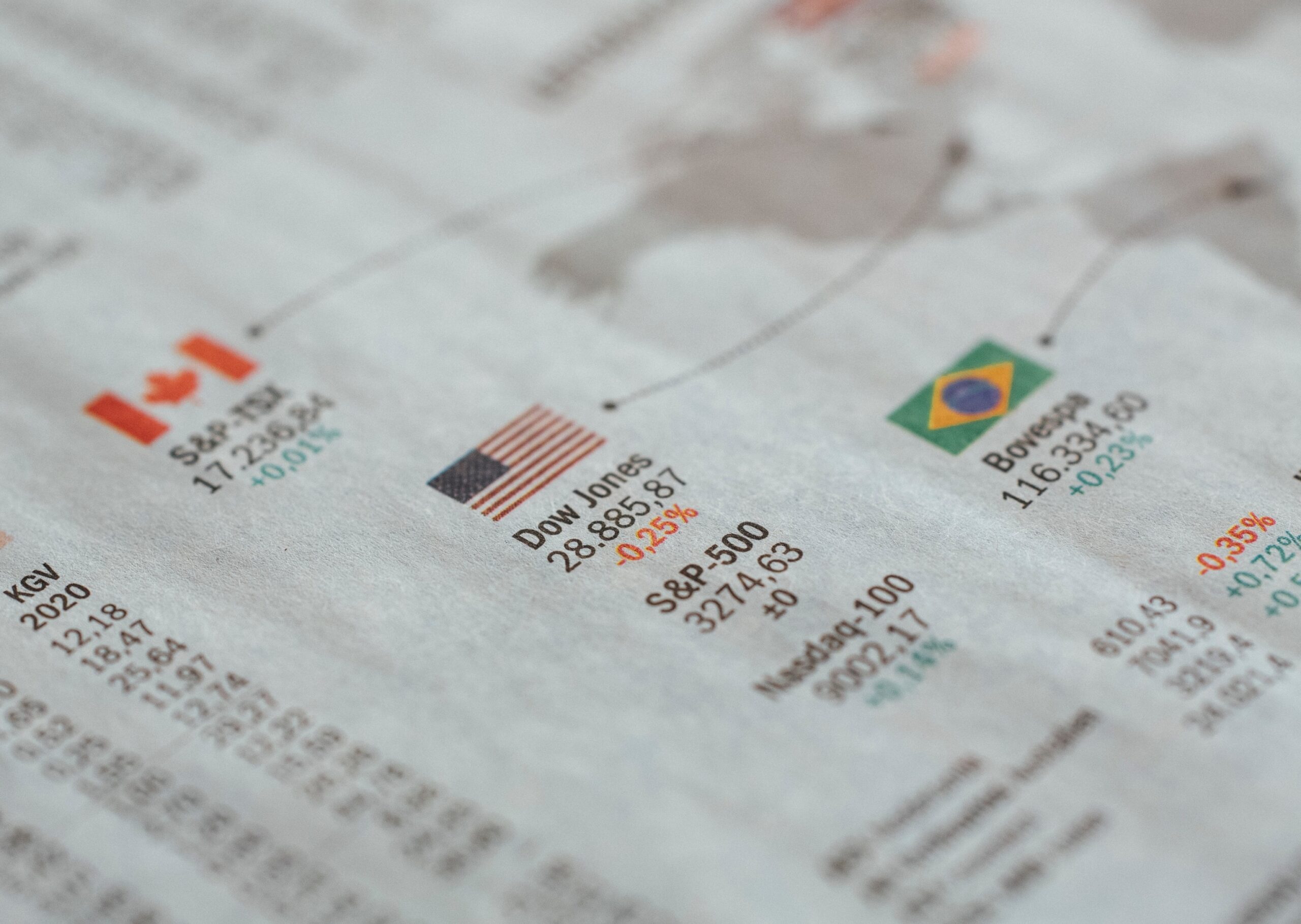By periodically investing in an index fund, the know-nothing investors can actually outperform most investment professionals
Warren Buffett
Index fund!!! This topic is something that’s very near and dear to me! 😊 Why? Cause index funds have made me lots of money since I started investing in them in 2008. This is my time to talk passionately about something that’s helped me build wealth over the years and I’m confident that it’ll do the same for you as well.
What is an index fund?
Index Fund = Index + Fund so let’s understand each of these two pieces.
Index:
A stock market index is a hypothetical collection of stocks that have been clubbed together based on a certain criterion.
Investors can use an index as a reference or a benchmark to compare against the performance of their own portfolio of securities.
Some common indexes in the US are:
DOW: An index comprised of 30 top companies listed on the US stock exchange.
S&P 500: Tracks the performance of 500 large companies listed on the US stock exchange.
NASDAQ: This index consists of only those stocks that are traded on the NASDAQ stock exchange – most of which are technology companies.
These are just three of the most famous indexes in the US but there are tons of such stock market indexes representing US as well as world securities.
Fund:
A fund is collection of securities (stocks, bonds or other assets) created by investment companies for investors to purchase as shares.
Mutual funds, Exchange Traded Funds (ETFs) and hedge funds are common mechanisms via which investment companies pool in money from investors to invest into different securities.
Index fund:
As you must have guessed by now, an index fund is a fund (ETF or Mutual Fund) which mimics or tracks the performance of a certain market index like the S&P 500 index, the US total stock market index etc.
If the S&P 500 index goes up by 1% on a certain day, then the index fund that tracks it goes up by approximately the same percentage.
Why invest in index funds?
Over a long time periods – 5, 10, 15 yrs, more than 80% of fund managers underperform the market (S&P 500 index). These are the guys who manage hedge funds and actively managed mutual funds with higher expense ratios (fees) that cut into your yearly gains or add to your loss. Let’s put it this way – its tough beating the market!
Why would you bank with an actively managed fund that underperforms the market over long periods of time as well as charges you more money for the underperformance? Doesn’t make sense at all!
This is where index funds shine! They mimic the performance of a market index which is difficult to beat by you, me, or even by the high paid finance professionals in suits. Also, firms managing the index fund charge you an extremely small fee since index funds are managed by computer software and don’t need dedicated fund managers.
The Vanguard Total Stock Market ETF (VTI) is very popular index ETF which has returned close to 14% annually over a 10 yr period. Its expense ratio is just 0.03% which means that you will pay only $3 in fees for every $10,000 invested in VTI. Awesome returns and extremely low fees. A win-win for index fund investors!
How to invest?
You can purchase index fund shares directly from the investment firm managing the fund or via your favorite stockbroker. Several years ago, I bought funds directly from the firm website cause brokers like Scottrade would charge trading fees of $7 per trade. That’s expensive for someone who buys shares once or twice a month in multiple funds.
Currently all major brokers – Fidelity, Vanguard, Schwab etc have no trading fees at all and so it’s better to transact with one broker and maintain all your funds in one place.
The investing strategy
With broad market index funds, you should keep buying shares periodically (once or twice a month) so that you can benefit from ‘Dollar Cost Averaging (DCA)’. When the markets go down, your money will buy you more shares and lower your cost per share. That way when the markets recover, you will make more gains.
On the broker website, please chose the option to reinvest dividends automatically instead of cashing out. Reinvesting will help you buy more shares every quarter in a DCA fashion, and the power of compounding will elevate your portfolio to great heights!
Stay indexed and stay invested my friends!





My Roth IRA contains only index funds and they have done well for me over the years.
Same here!
The markets have gone down a lot this year. Are you still buying?
Yes, I put money into my index funds once a month no matter what the market does.
Tried all kinds of investing strategies but nothing works as well as indexing does. I do own several individual stocks but most of my money is in index funds.
15 yrs ago, even I did a lot of playing around with individual stocks and concentrated ETFs but then I finally discovered the power of index funds, dollar cost averaging and compounding. My core portfolio is all index!
Yes, stick with the strategy that works 🙂
Years ago, I created a portfolio of several individual stocks and spent a lot of time doing research and periodically buying/selling stocks in it. Even with all that effort, I was underperforming the S&P 500 most of the years. Now I just invest in an EFT that tracks the S&P.
My retirement portfolio in traditional IRA consists of only broad market index ETFs. My brokerage acct contains a mix – broad market index ETFs as well as sector specific index ETFs.
I do something similar with – stocks, concentrated/broad ETFs as part of my brokerage acct and broad mutual funds/ETFs as part of my retirement account. Don’t want to take risks with my retirement portfolio.
Index funds + DCA can’t go wrong 🙂
Well said! 🙂
Keep adding money monthly into an index fund that tracks the S&P. This strategy will not let you down.
Timing the market is a fool’s game. Indexing is a strategy that everyone should follow.